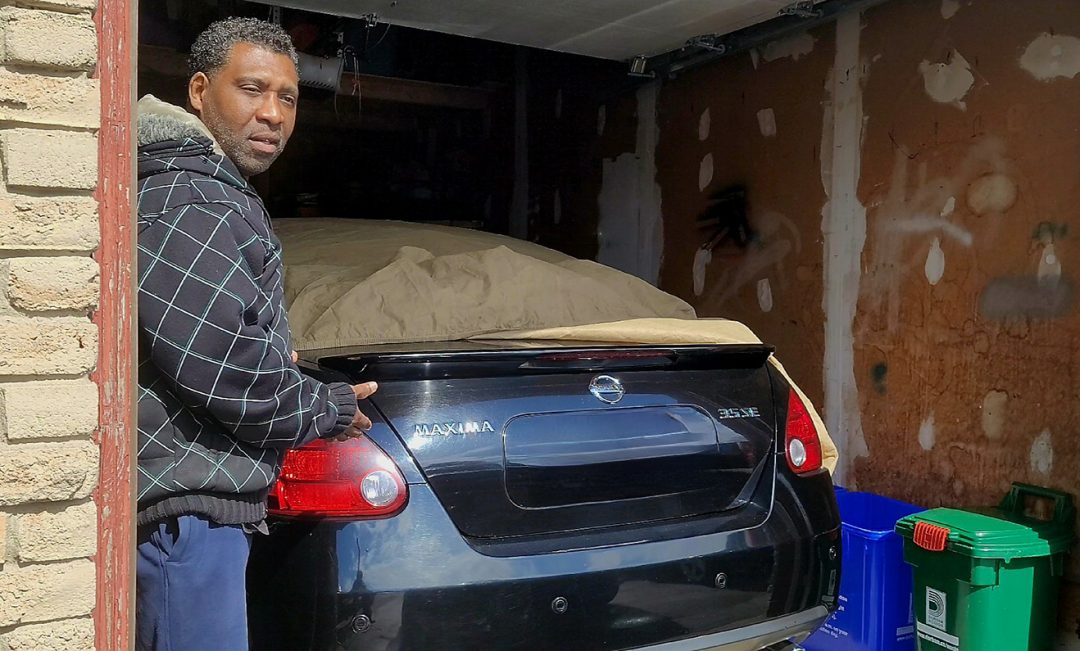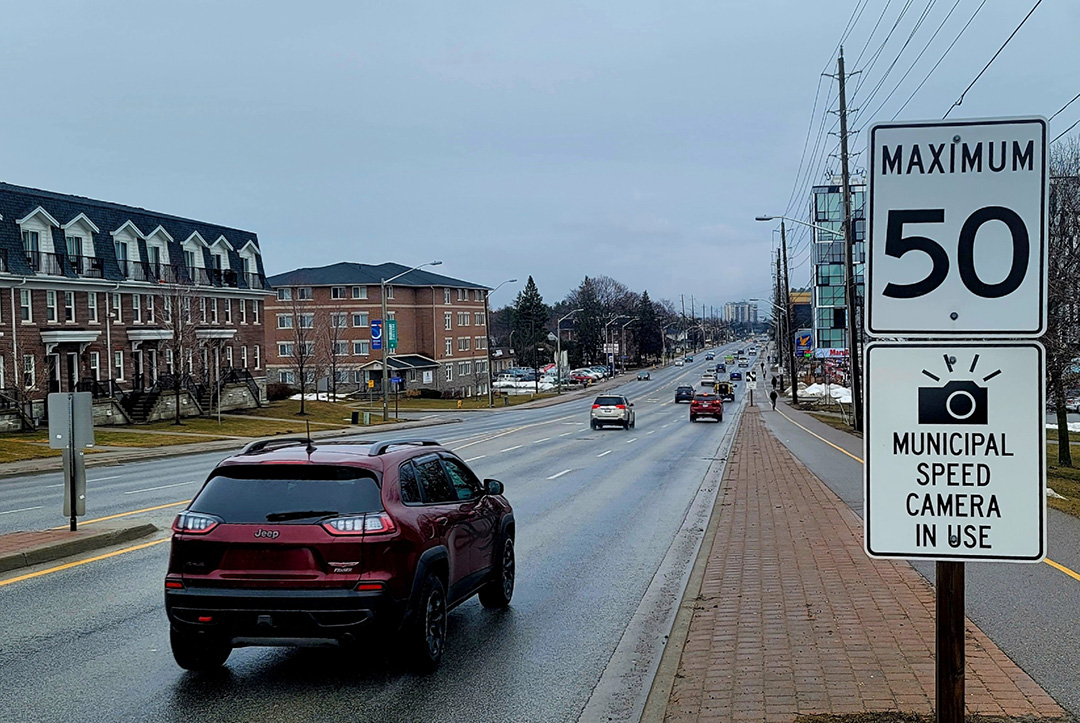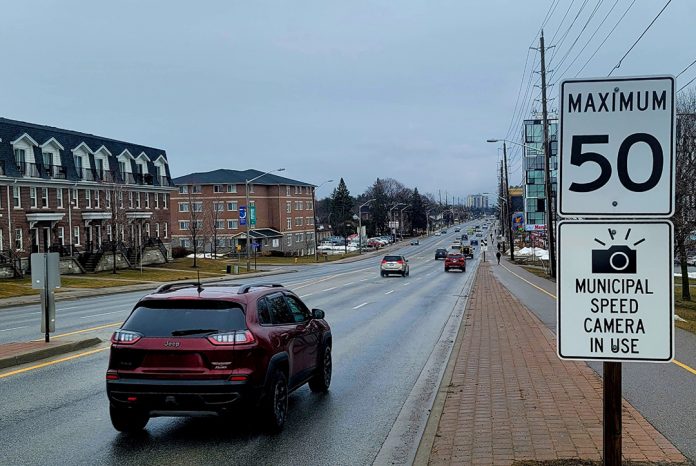Ian Phillip, 53, returned to his residence after work in Pickering on last August, when he received a speeding ticket at Bayly Street, east of Harwood Avenue, near Ajax High School and St. Bernadette Catholic School.
“I was driving my summer car, and I [was] tired after having steel-toe boots on, working in a warehouse [and] driving a big truck,” he said.
tired after having steel toe boots on, working in a warehouse [and] driving a big truck," he said.Phillip travelled at 70 km/h in a school area where the speed limit is 40 km/h.
"It's kind of tricky to me that there's nobody going to school at 11 at night," he said. "Why would you give me a ticket at 11 at night?" Phillip said.
Phillip got Ajax's speed camera ticket issued in his mailbox, and the amount was $110, and he said the "government is using all this stuff to make money."” align=”aligncenter” id=”attachment_24440″ width=”1080″]
Phillip travelled at 70 km/h in a school area where the speed limit is 60 km/h.
“It’s kind of tricky to me that there’s nobody going to school at 11 at night,” he said. “Why would you give me a ticket at 11 at night?” Phillip said.
Phillip got a $110 speed camera ticket in the mail. He said the “government is using all this stuff to make money.”
Automated Speed Enforcement (ASE) cameras are becoming common in specific areas of Durham Region, such as school zones and designated Community Safety Zones.
The purpose of them is to be “safety tools that are helping to protect our communities,” said the executive director at Ontario Traffic Council, Geoff Wilkinson.
According to him, “speed cameras are not a cash grab.”
“There is 90 days before that speed camera goes into [a] community safety zone, [and] there is a sign that goes up that says automated speed enforcement coming soon,” he said. “And, then there’s that signage that comes up afterwards saying the speed cameras are in place.”

Wilkinson said the government transfers money from offenders in two main directions: one compensates traffic accident victims and the other goes to invest in programs within the municipality for road user safety and education.
“Our goals are centred around eliminating all deaths and serious injuries on our roads,” he said about the Vision Zero Plan program. “We have to start to plan and think ahead.”
The Chronicle has contacted several Durham Region officials for answers on how much money is collected in photo radar tickets, but no one has been made available for comment or interview.

Rizwan Heer, transportation technologist in the planning and development services department at the Town of Ajax, said the rental speed cameras cost about $3,000 per month. The town has three of them.
Heer added that Ajax currently has issued 5,128 speeding tickets since it started last year.

In terms of expanding photo radars across Durham Region, Wilkinson said the focus is, for example, school zones and Community Safety Zones. However, if the provinces decides to expand the speed cameras “it’s their decision.”




